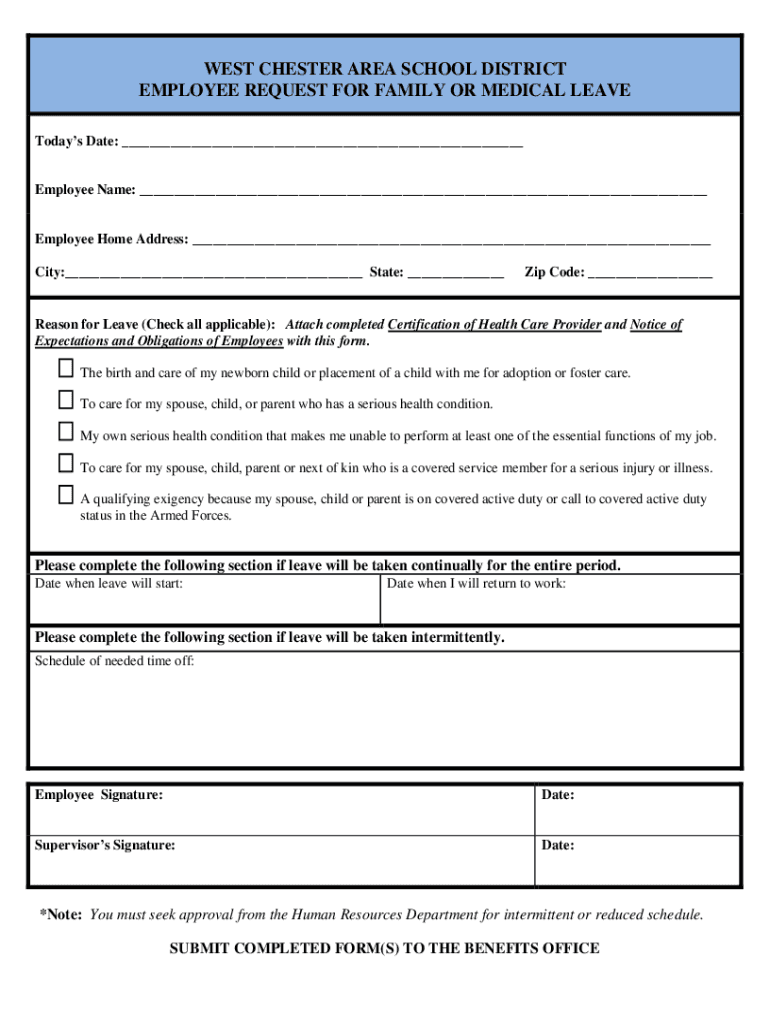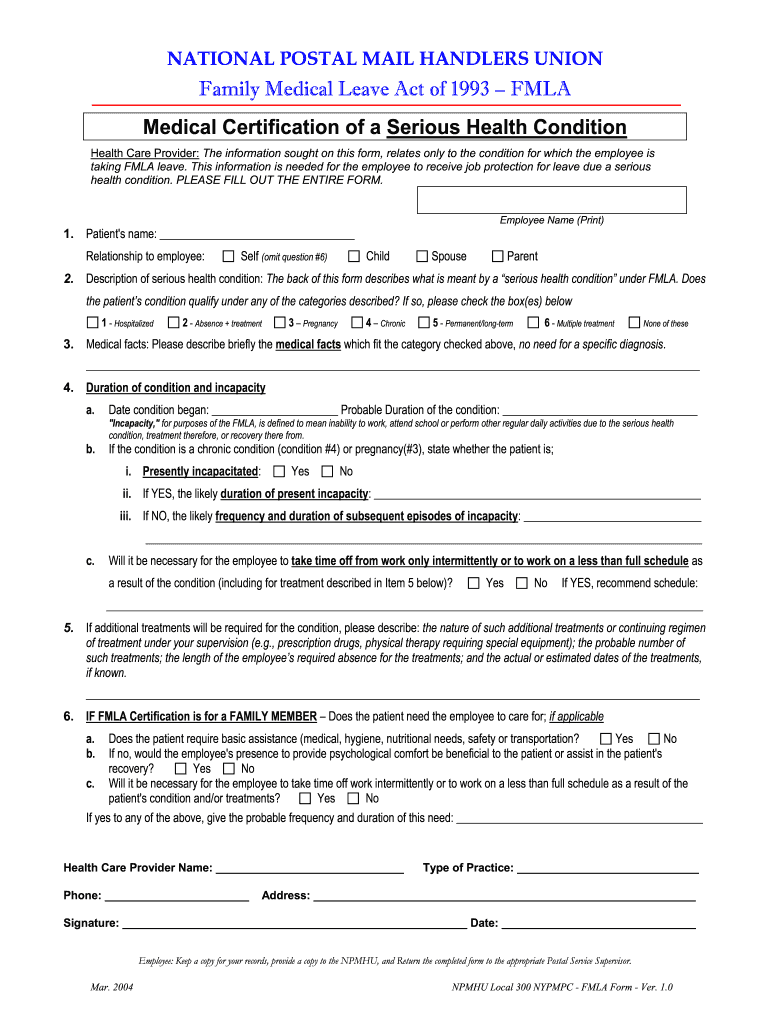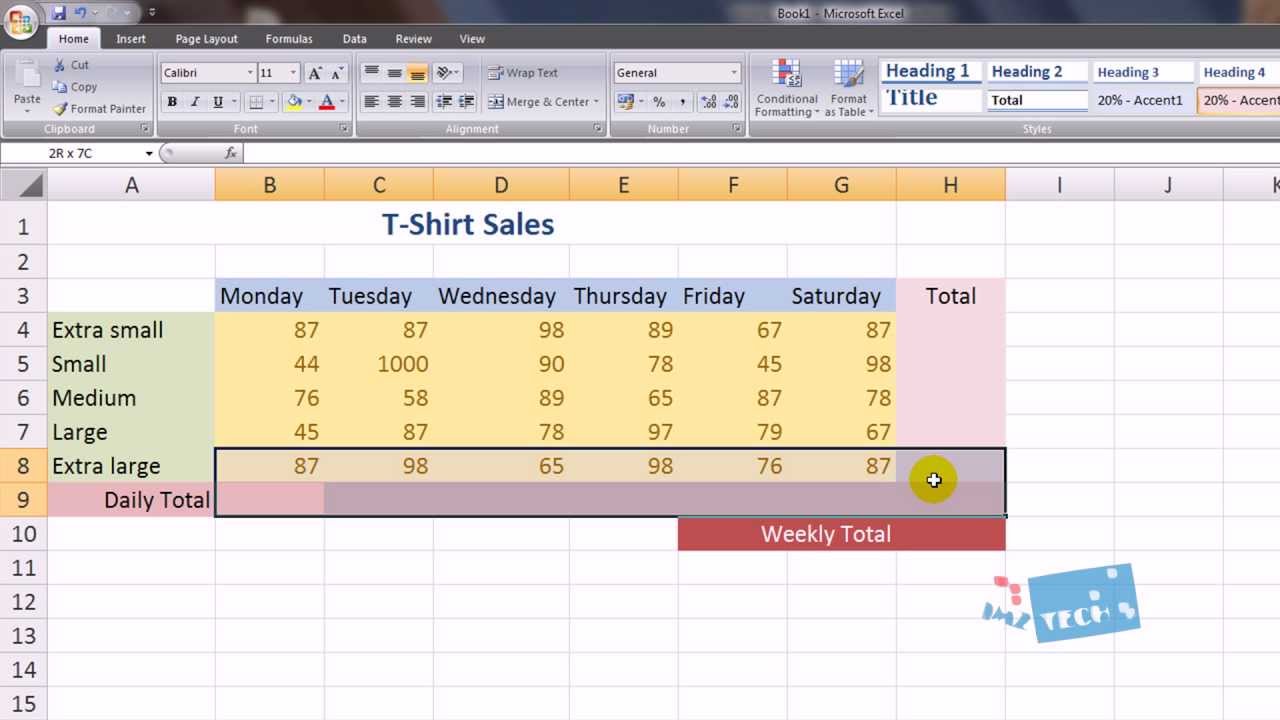Can I Forge FMLA Paperwork? Legal and Ethical Considerations

It might seem tempting at first to take the easy way out when faced with the complexities of taking time off work due to illness or family obligations. One might consider forging FMLA paperwork as a way to secure leave without the hassle of official processes. However, before you even think about making this choice, it's crucial to delve into the intricate legal and ethical landscape surrounding the manipulation of the Family and Medical Leave Act (FMLA) documents.
Understanding the FMLA

Before we discuss the implications of forging FMLA paperwork, it's beneficial to understand what the Family and Medical Leave Act entails. Enacted in 1993, this federal law grants eligible employees up to 12 weeks of unpaid, job-protected leave within a 12-month period for various family and medical reasons. Here are some of the key provisions:
- Eligibility: Employees must have worked for their employer for at least 12 months, accumulating at least 1,250 hours of service during that period, and the employer must have at least 50 employees within a 75-mile radius of the worksite.
- Purposes: FMLA can be used for the birth and care of a newborn child, adoption or foster care of a child, to care for a close family member with a serious health condition, or for the employee's own serious health condition that renders them unable to work.
- Continuation of Health Benefits: Employees are entitled to maintain their group health insurance coverage during the leave as if they had continued to work.
- Job Protection: Upon return from FMLA leave, an employee is entitled to be restored to the same position or an equivalent one.
Legal Implications of Forging FMLA Paperwork

Forgery, in any context, involves the creation or alteration of documents with the intent to deceive. In relation to FMLA, this could mean:
- Fraud: Providing false information or counterfeit documents could constitute fraud, leading to potential civil or criminal penalties.
- Employment Violations: Employers are within their rights to investigate FMLA claims, and if found to be fraudulent, they could take disciplinary action up to and including termination. Additionally, employers might report the issue to the authorities or relevant professional boards.
- Penalties: Forging documents related to FMLA can result in legal actions such as fines, jail time, or both. Penalties are context-specific but could fall under state or federal fraud statutes.
Ethical Considerations

Beyond the legal consequences, forging FMLA paperwork poses several ethical dilemmas:
- Deception: Providing false information or using fraudulent documents to secure time off undermines the trust between employer and employee. This can lead to a breakdown in workplace relationships.
- Injustice to Others: If you are found to misuse FMLA, you might be taking leave that others genuinely require for legitimate medical or family reasons, which could affect colleagues' abilities to exercise their rights.
- Long-term Consequences: Engaging in unethical behavior can lead to a tarnished professional reputation, which might haunt future employment prospects.
Alternatives to Forging FMLA Paperwork

Given the legal and ethical complexities, what are some alternatives if you genuinely need time off but might not qualify for FMLA or face challenges in meeting its requirements?
- Seek Professional Help: Consult with your HR department or a legal professional. They can guide you on the correct procedure or advise on possible accommodations.
- Explore Company Policies: Many employers have their own leave policies that might be more lenient or offer additional leave options.
- Look Into Paid Time Off: Utilize your accumulated PTO, sick leave, or vacation time if your issue requires a shorter period than what FMLA allows.
- Request Reasonable Accommodation: If your issue stems from a medical condition, you might qualify for reasonable accommodation under the Americans with Disabilities Act (ADA).
- Seek Union Assistance: If applicable, contact your union representative for support and guidance.
📌 Note: Always remember, integrity in the workplace not only protects you legally but also ethically, maintaining trust and professionalism.
Deciding against forgery means respecting the process, the system, and your colleagues who might genuinely need leave under the law. It's about finding a balance between personal needs and professional integrity, fostering an environment where everyone's rights are respected.
What happens if I forge FMLA paperwork and get caught?

+
Consequences can include termination of employment, legal action against you for fraud, and potential criminal charges with associated penalties like fines or jail time.
Can my employer investigate my FMLA request?

+
Yes, employers have the right to verify the authenticity of the FMLA paperwork and investigate its validity, especially if they have reason to suspect fraud.
What are the ethical reasons for not forging FMLA paperwork?

+
Ethically, forgery undermines trust, can disadvantage others who need leave, and tarnishes your professional reputation. It’s about integrity and fairness in the workplace.



